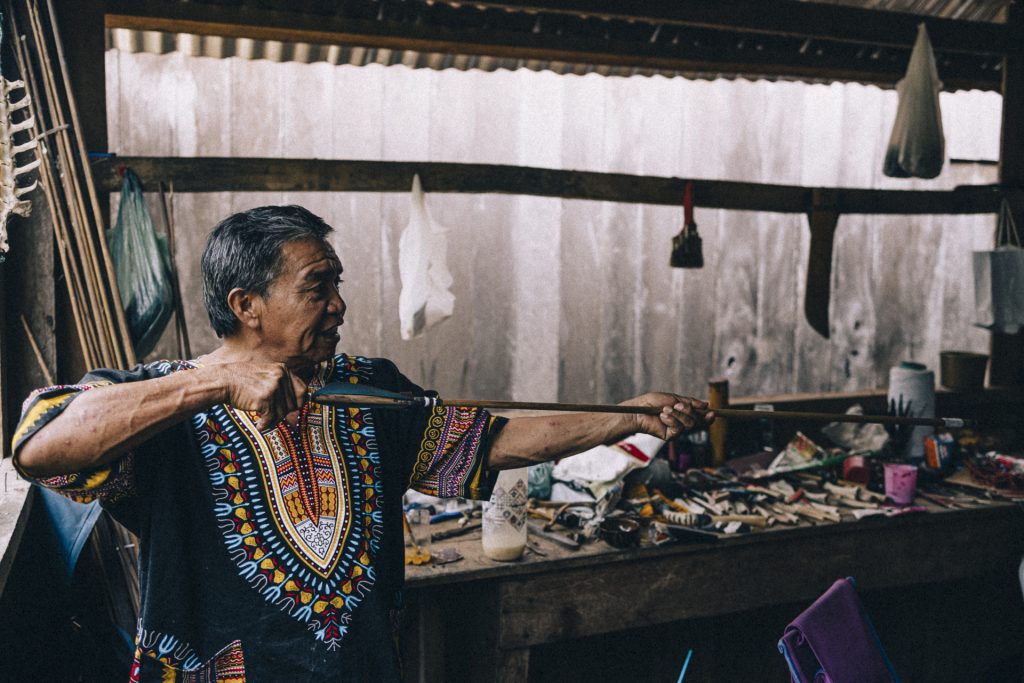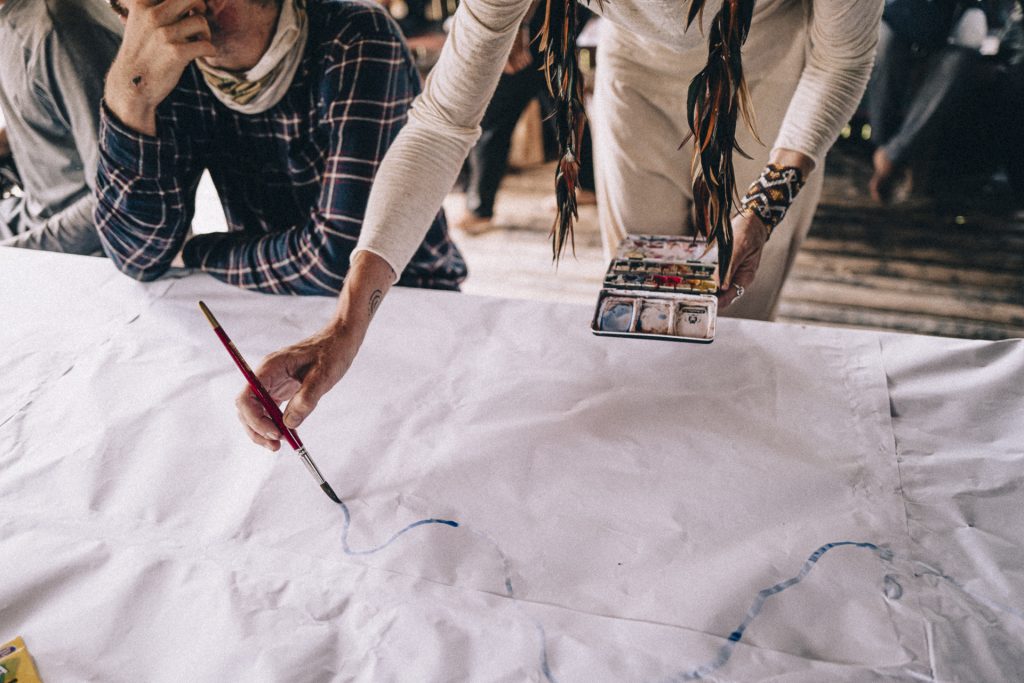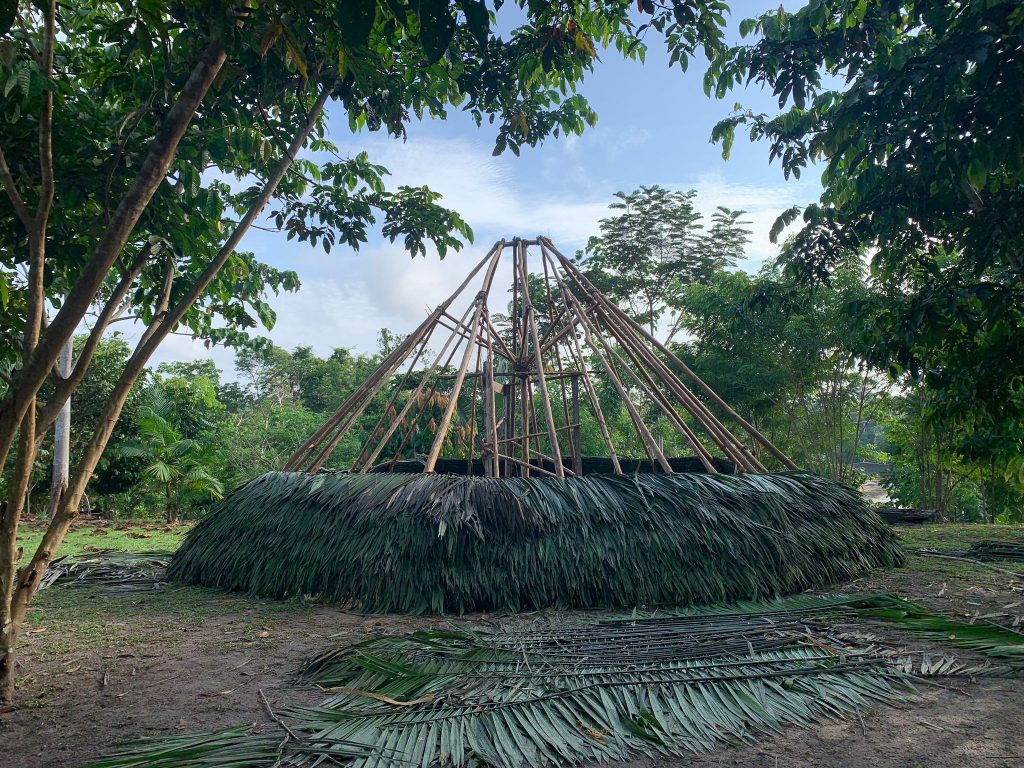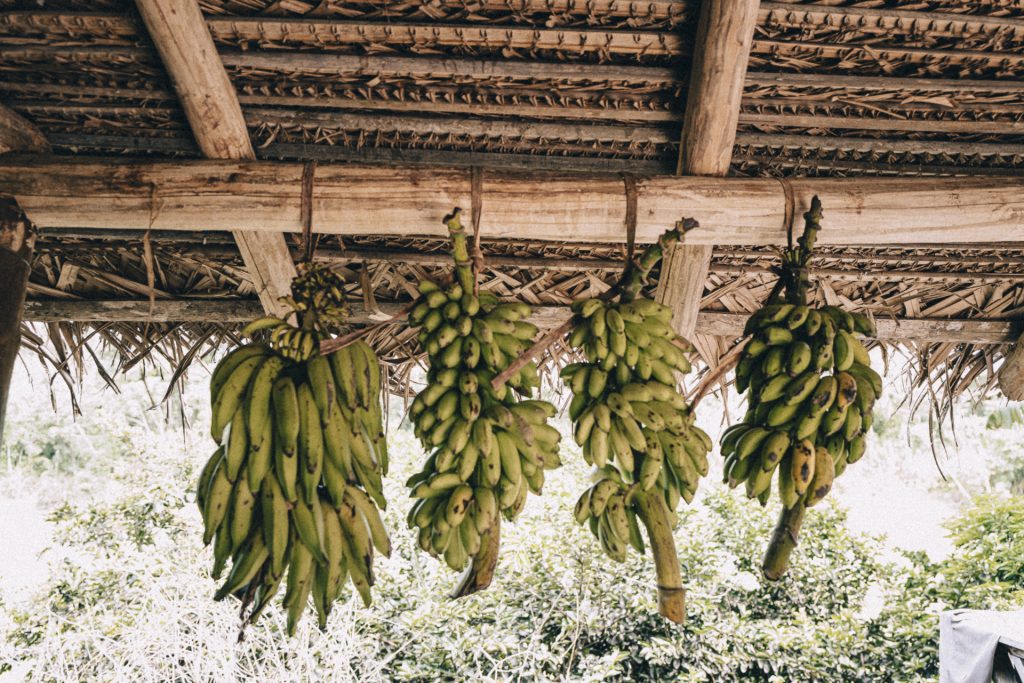Yawanawá Projects
Preserving Yawanawá traditions for the next generation
THE SCHOOL OF YAWANAWÁ TRADITIONS

The School of Yawanawá Traditions offers a learning path that connects ancient Yawanawá traditions within the context and challenges of the 21st century. The vision for the school is to preserve and pass on the ancient Yawanawá traditions to reconnect people from around the world back to nature.
Through a longstanding relationship and collaboration between the Yawanawá and Anatta Sensorium an authentic and traditional learning path to strengthen and rebuild the Yawanawá traditions could be designed. Led by the spiritual leader Pai Nani, the Yawanawá School of Traditions offers the next generation of Yawanawá and Ruwe Nawas (literally “Iron people” in Yawanawá language and term for Westeners) a deep cultural study and also a spiritual journey to the heart of Mother Nature.
The vision for the school is to preserve and pass on the ancient Yawanawá traditions to reconnect people from around the world back to nature.
The School of Traditions is a school of heart and spirit and a way to relearn ancient human traditions that keep us rooted to the earth.
Anatta Sensorium offers students from around the world to join this learning path of ancient wisdom through prolonged stays in the Yawanarí village.
With our projects we aim catalyse a sustainable and resilient Yawanarí village and enable the village into a resilient global model for authentic “sustainable living” to inspire other indigenous and non-indigenous communities around the world.
PRESERVING THE YAWANAWÁ LANGUAGE

The Indigenous language is an intangible heritage of all humanity, a foundation of a deep relation to nature through which knowledge has been transmitted since immemorial time. Yawanawá are people of oral tradition. Although many Yawanawá understand the language or part of it, only 20% of them are fluent in it. Especially among the youngest very few are bilingual. Pai Nai is one a very few people that speak the traditional language fluently. It is his personal mission to keep the language alive and therefore now teaches the next generation of Yawanawá and visitors of the School from abroad.
BUILDING A SHUHU

The School also wants to revive the constructions of traditional houses called “Shuhu” in the village, which are usually round and built without nails and with specific straw that last approximately 5 years longer than the ones currently used. Traditional houses are build for communal purposes and with spiritual meaning and to support a specifc energy flow e.g. entry and exit have to be in specific locations. There are no walls or separation in the houses and the fire pit is located in the middle. The ground on which these houses are built is called “Mana” and are chosen carefully. The constructions for the first traditional house has been completed and will serve as the physcial school of for Pai Nani where classes will take place.
FOOD SOVEREIGNTY

The mission of this project is to increase the amount of native plant food in the community to ensure that the food in the Yawarani village is richer and more abundant, whilst also preserving the cultural traits that are part of the identity of the Yawanawá people. Traditionally, children would already be educated and engaged into the farming practices of native plants (such as corn, acai, capuaçu, inga, original types of potatoes, papaya, macachera etc.). Today, however many Yawanawá have stopped cultivating their own food as their lifestyle has been influenced by the external world. Because of that food, which does not belong to their culture, is increasingly transported from the city and has a lot of negative environmental impacts: It is less nutritious, comes in plastic packaging which can’t be recycled in the villages and requires transport by boat.
Therefore, we started a “Food Sovereignty project”, where we re-introduce more native plants into the village and into the local diet. We consulted with the tribal farmers, which plants would be best and developed a farming plan based on an agro-forestry approach and indigenous farming practices.
RENEWABLE ENERGY PROJECT
We aim to transition the Yawaraní village towards regenerative energy in form of solar panels to avoid the use of generators used currently to provide electricity. The generators are not a sustainable solution and create a lot of noise and run on gasoline. A solar panel company has made an assessment of costs to meet current demand of electricity with renewable energy. This energy transition will be key to the sustainability of the Yawanarí village in future.
To support these projects, we ask everyone who feel the call to support our mission to build a sustainable, autonomous and resilient Yawanarí village.
You can support us by subscribing to a Anatta Sensorium membership or donate via our Gofundme page here.